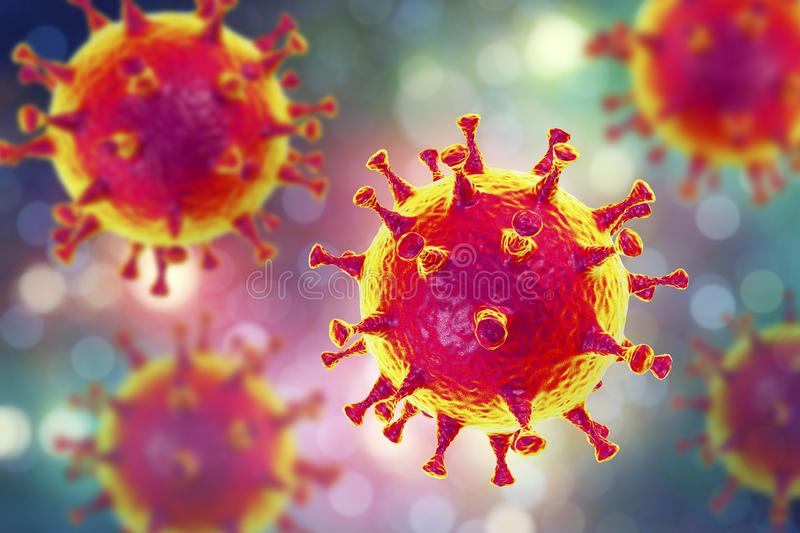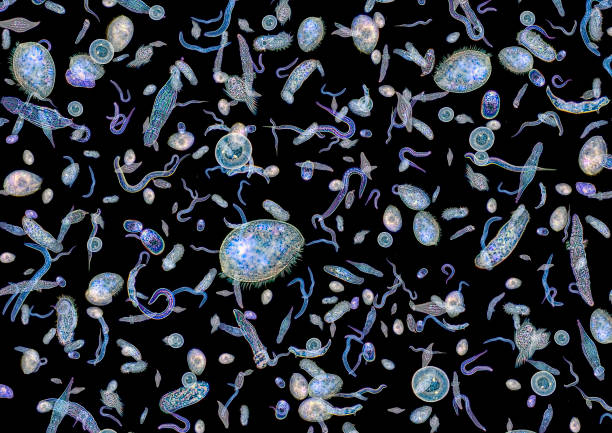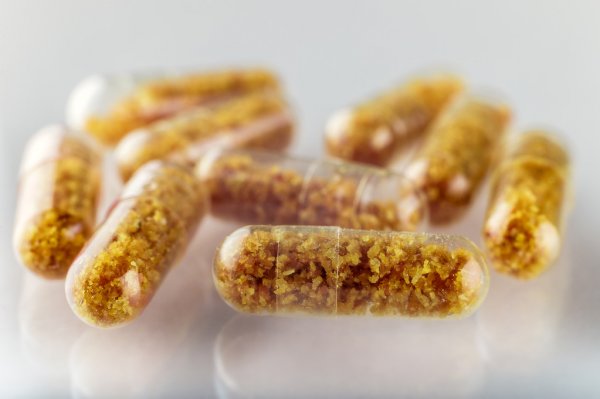Data driven approach help researchers study microbes
Mar
10
The OSU team studied Lactobacillus Johnsonii, Lactobacillus Gasseri, Romboutsia Ilealis and Ruminococcus Gnavus, for example, and their impact on the western diet. The team compared multiple studies of both humans and mice and the abundance of these four bacteria on our body mass index (BMI). With this analysis, R. Ilealis to be present in more than 80 per cent of obese patients, according to the News 18 report.
https://www.news18.com/amp/news/buzz/beneficial-gut-bacteria-can-play-key-role-in-treating-diabetes-3247631.html








